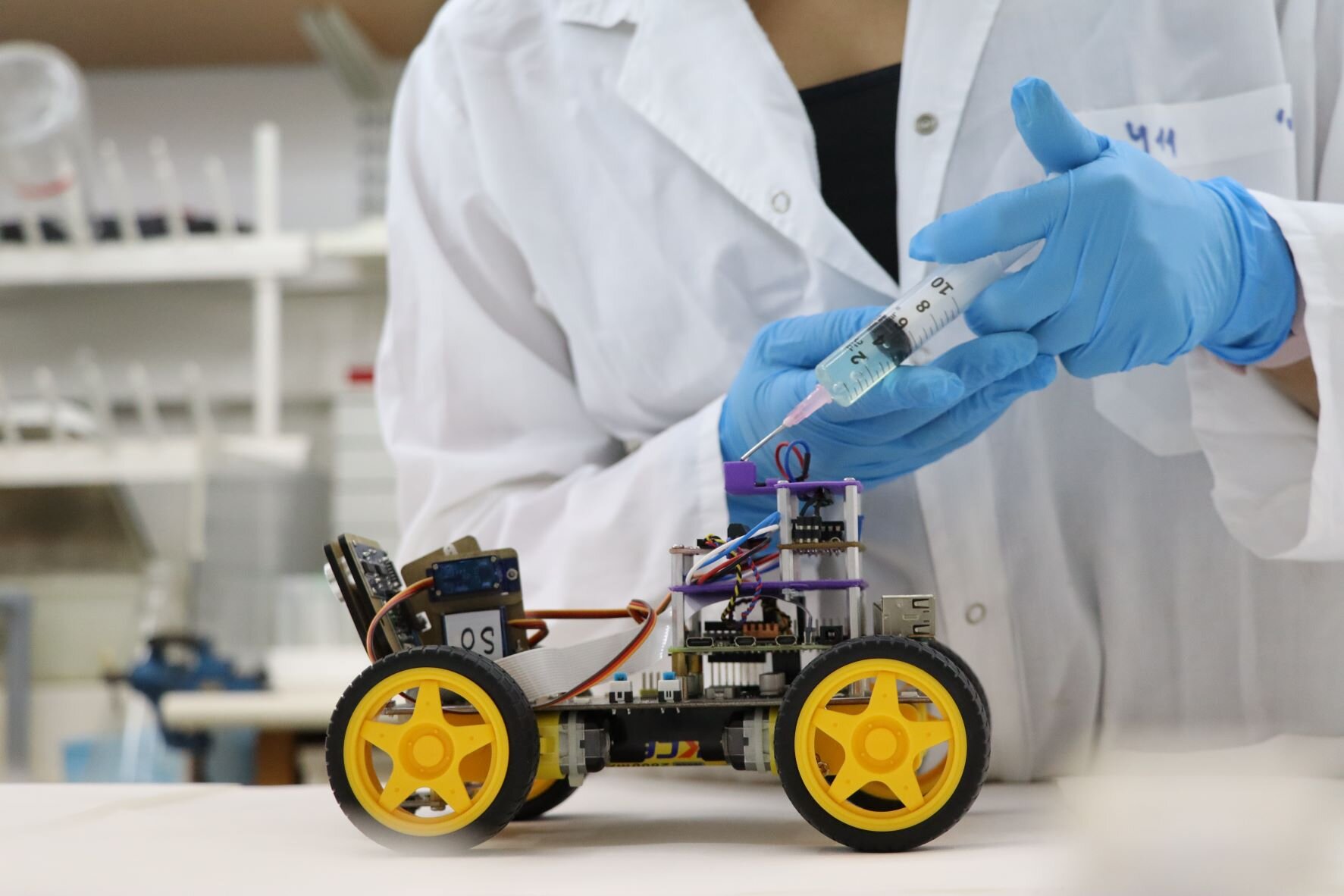Get ready for a cosmic show! This week, not one but two “potentially hazardous” asteroids are set to zip past Earth. But don’t worry, they’re just passing by and won’t pose any danger. On June 27, Asteroid (415029) 2011 UL21 will make its appearance, and on June 29, Asteroid 2024 MK will follow suit.
Dubbed the “planet-killer,” Asteroid 2011 UL21 is on a spectacular journey, making its closest approach to Earth in over a century.
The Asteroid: A Close Flyby
2011 UL21 is estimated to be roughly the size of Mount Everest, making it a truly enormous space rock. It orbits the Sun every three years, and this week it will swing by our planet at a distance of approximately 4.1 million miles (6.6 million kilometers). While this might sound close, it’s important to remember that this is still a safe distance. In fact, it’ll be 17 times farther away than the Moon!
No Threat to Earth
Astronomers have been tracking 2011 UL21 for years and have precisely calculated its trajectory. There is absolutely no chance of it colliding with Earth during this flyby or in the foreseeable future.
Technically a “Potentially Hazardous Asteroid”
So, why the scary nickname? 2011 UL21 is classified as a “potentially hazardous asteroid” (PHA) because of its large size and its orbit, which occasionally crosses Earth’s path. However, this classification simply means it’s a large object that warrants monitoring, not that it poses an imminent threat. Thousands of PHAs are known, and scientists are constantly tracking them.
Witnessing the Flyby (From a Safe Distance)
While you won’t be able to see 2011 UL21 with the naked eye, you can still be part of the excitement! Several organizations, like the Virtual Telescope Project, will be hosting live streams of the asteroid’s flyby online. This is a great opportunity to learn more about asteroids and space exploration.
So, stay curious, look up to the sky (virtually if necessary), and enjoy the celestial show!







